The newly passed "Regulations on Counter-Espionage Work" in Chongqing, consisting of 29 articles, took effect on September 1. The regulations mention counter-espionage measures that are more specific and clearly defined than China's revised Counter-Espionage Law, according to Reuters.
The regulation requires strict monitoring of foreign exchange and travel activities, requiring agencies to undergo security checks when organizing overseas trips. The regulation also requires organizations and personnel residing abroad to develop security plans.

Chongqing City, China
Another requirement in the regulation is that in addition to publishing and broadcasting counter-espionage materials in the media, knowledge on security prevention should be included in civil servant training programs and school curricula.
Also under this regulation, delivery services in Chongqing will have to undergo national security assessment before being allowed to operate.
China's revised Counter-Espionage Law took effect in early July with several new features, including banning the transfer of any information related to national security and expanding the definition of espionage.
Last month, China's Ministry of State Security called on citizens to participate in counterintelligence work, creating a channel for individuals to report suspicious activities and praising and rewarding them.
That same month, China's Ministry of State Security said it had discovered two citizens suspected of spying for the US Central Intelligence Agency (CIA), describing how the suspects were recruited and the investigation into them.
The United States has expressed concern about the operations of its companies in China after Beijing expanded its Anti-Espionage Law.
The US National Counterintelligence and Security Center said in June that China views the flow of data abroad as a national security risk. It also said new and existing laws could force local employees of US companies in China to support Beijing’s intelligence efforts.
Source link











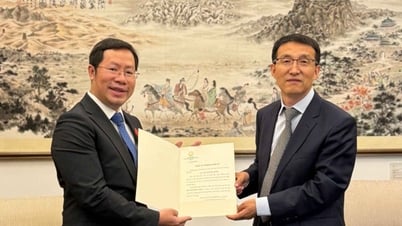




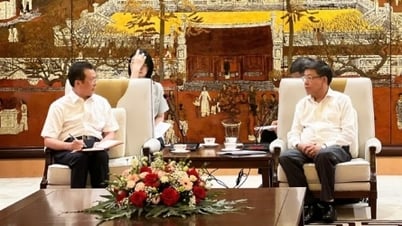

















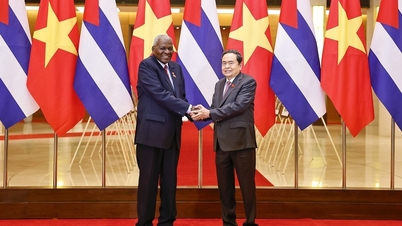
![[Photo] President Luong Cuong receives President of the Cuban National Assembly Esteban Lazo Hernandez](https://vphoto.vietnam.vn/thumb/1200x675/vietnam/resource/IMAGE/2025/9/30/4d38932911c24f6ea1936252bd5427fa)
![[Photo] Solemn opening of the 12th Military Party Congress for the 2025-2030 term](https://vphoto.vietnam.vn/thumb/1200x675/vietnam/resource/IMAGE/2025/9/30/2cd383b3130d41a1a4b5ace0d5eb989d)
![[Photo] The 1st Congress of Phu Tho Provincial Party Committee, term 2025-2030](https://vphoto.vietnam.vn/thumb/1200x675/vietnam/resource/IMAGE/2025/9/30/1507da06216649bba8a1ce6251816820)
![[Photo] Panorama of the cable-stayed bridge, the final bottleneck of the Ben Luc-Long Thanh expressway](https://vphoto.vietnam.vn/thumb/1200x675/vietnam/resource/IMAGE/2025/9/30/391fdf21025541d6b2f092e49a17243f)

























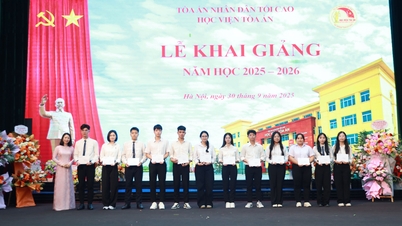


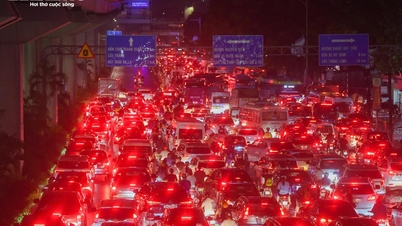

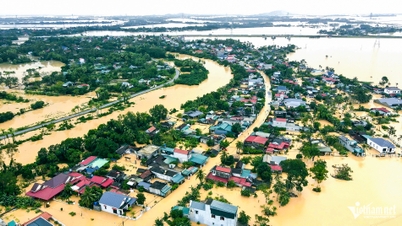


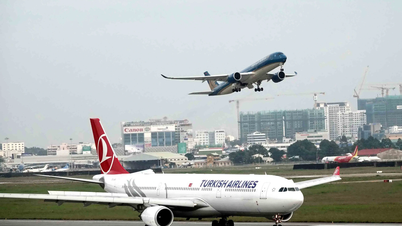



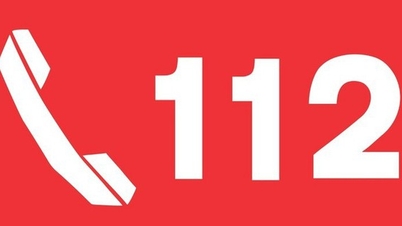





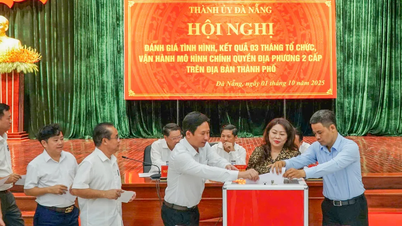





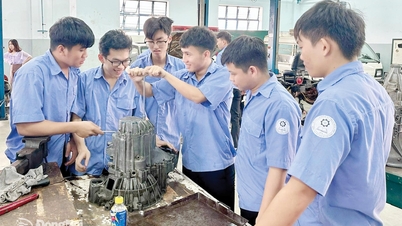

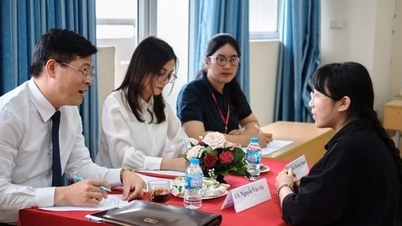

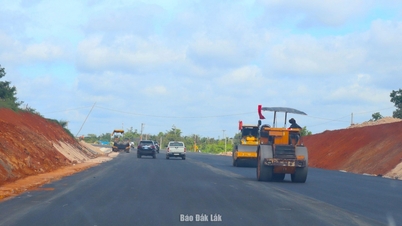













Comment (0)